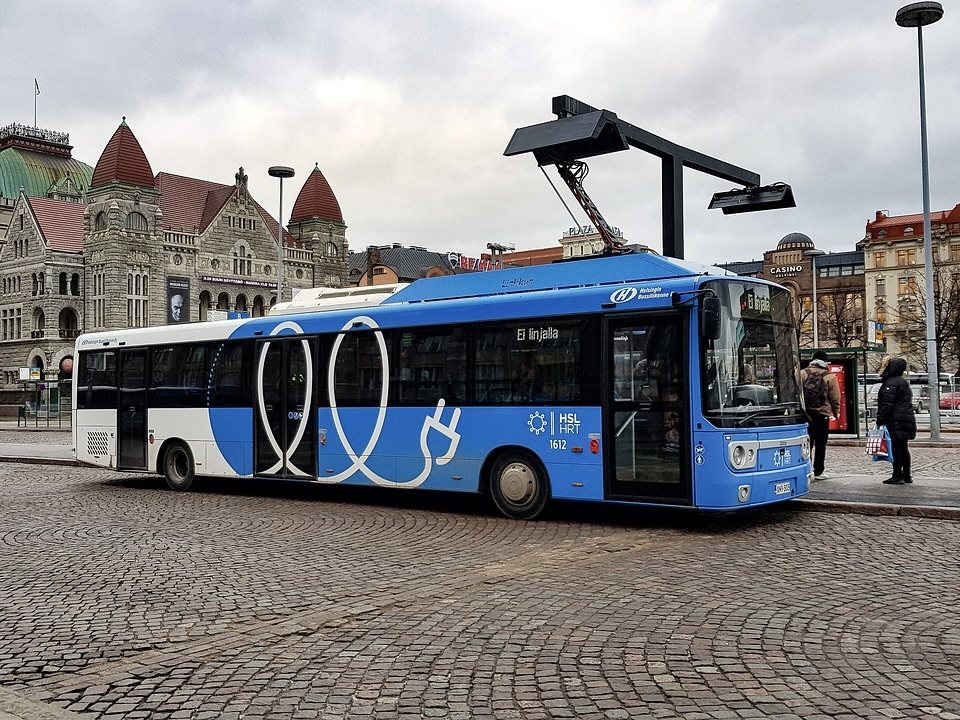EU project on alternative storage technologies
To compensate for the fluctuating production of wind and solar energy, large storage capacities are already being built up today. This primarily involves the use of lithium-based batteries (LIBs). What is more, also in the field of electromobility even conservative studies predict a sharp increase in demand for LIBs. Experts therefore warn of a shortage of critical raw materials, particularly of metals required for production.
With new technological developments in the field of supercapacitors, so-called sodium-ion supercaps, a possible alternative to batteries is on the horizon. New developments have a significantly higher energy density than previous generations. Since sodium-ion supercaps also do not require critical raw materials, they could replace LIBs in certain applications, for example, in electric buses or tramways.
The EU-funded project “Materials for sUstainable Sodium-Ion Capacitors” (MUSIC) addresses this development. The project partners from industry and research aim to advance the development of new sodium-based supercaps by 2027.
First complete life cycle assessment planned
ITAS accompanies the development with a prospective sustainability assessment of the life cycle of the new technologies. The researchers use life cycle assessment (LCA) and social life cycle assessment (S-LCA) to examine various potential applications for both their ecological and social implications, such as child labor, corruption, or regional value creation. The possibility of recycling the raw materials used will also be included in the assessment.
Thus, ITAS not only supports sustainable design from the outset but is also expected to be able to present the first complete life cycle assessment for a sodium-based supercapacitor at the end of the project. (04.12.2023)
Further information:
- Website of the overall project
- Project description on the ITAS website


